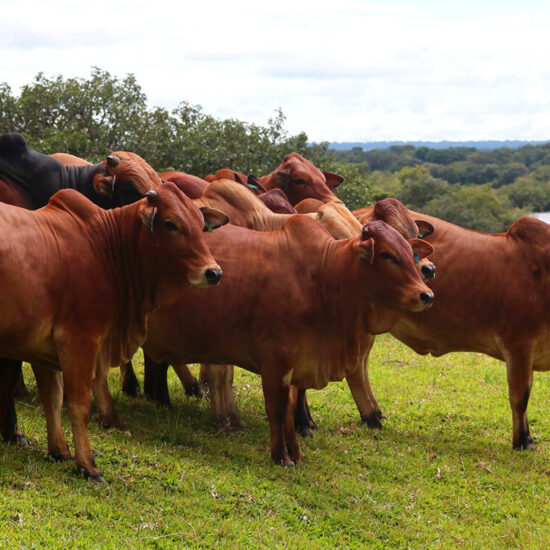The Zambia Alliance for Agroecology and Biodiversity has emphasized the need for a fundamental agricultural revolution in Zambia.
Speaking in an exclusive interview, the Zambia Alliance for Agroecology Omali Phiri, highlighted the necessity of transitioning to a farming system that benefits not only commercial farmers but also small-scale farmers.
Phiri pointed out that an introspective assessment of past farming seasons, particularly in the face of intense droughts, is essential to rectify past mistakes and pave the way for future agricultural success.
He stressed the importance of reducing dependency by promoting self-sustainability among farmers, advocating for the cultivation of local crop varieties that thrive in adverse weather conditions.
Phiri advocated for a shift towards environmentally sustainable farming practices. He emphasized the significance of diversifying crops and livestock, promoting agroecologically grown food that is free from chemicals and beneficial to both human health and the environment.
Phiri called for a reevaluation of rain-fed agriculture, proposing improved environmental and soil management techniques to enhance agricultural productivity.
Drawing parallels with successful agricultural practices in other countries, he underscored the need for efficient water usage and suggested the incorporation of methods such as mulching to minimize water wastage.
While calling upon the government to provide comprehensive support for small-scale farmers, Phiri urged the formulation of policies recognizing and promoting agroecological practices.
He encouraged farmers to remain optimistic and transition towards a just and sustainable agricultural approach.
“We need to recheck the kind of system of agriculture that we have been using from 1964, since that time of our independence to a type of system where we can also begin harvesting the water as compared to our agriculture system now where the water just runs off and the moisture content dries out so fast,” He alluded.
“But if a farmer is to be accorded an opportunity to create a system on their farm where there is diversity, diversity in crops, diversity in plants, diversified variety of even livestock that helps them to become self-sustaining as well as helps them to sell or produce crops that are ethically bound, we are talking of food that is not full of chemicals, but food that is grown in an agro ecologically manner that is healthy, nutritious and benefitting the environment,” He said.
Phiri further called on the government to support small-scale farmers entirely not just in aspects of FISP but also supporting them in better ways of doing agriculture aside from them just being recipients of the farmer input support program, through incorporating policies that would see to it that agroecology is being recognized.







